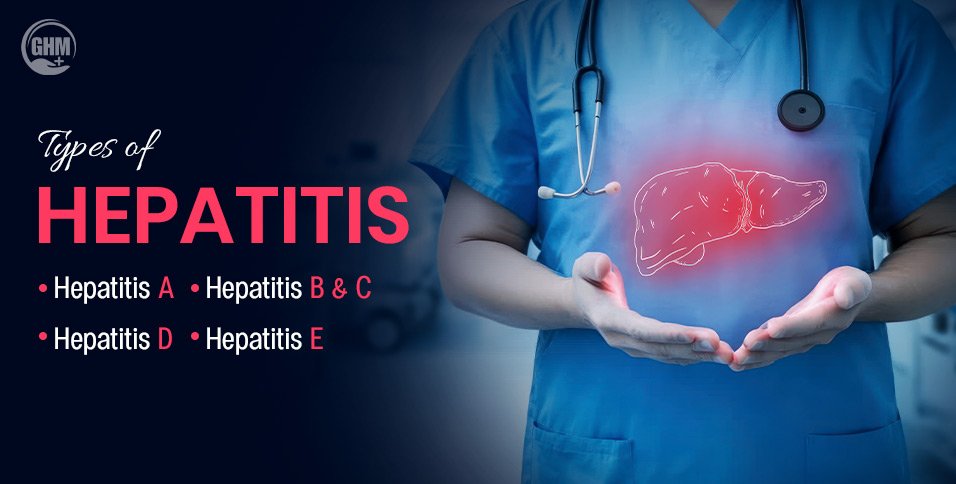Are you passionate about mental health and considering a career where you can make a real difference? A career in mental health can be rewarding, but the path isn’t one-size-fits-all.
Two popular options, becoming a psychiatrist or a psychiatric mental health nurse practitioner (PMHNP), offer distinct training, responsibilities, and opportunities. Choosing one can be confusing. Both roles help patients with mental health issues, but they differ in education, scope, salary, and daily work.
This blog post breaks down the differences to help you decide which career path aligns better with your goals.
Understanding the Roles
Psychiatrists are medical doctors specializing in mental health. They diagnose mental illnesses, prescribe medications, and provide psychotherapy. Their medical training allows them to understand the complex relationship between mental and physical health.
PMHNPs are advanced practice registered nurses (RNs) focusing on mental health care. They conduct psychiatric evaluations, diagnose conditions, prescribe medications, and offer psychotherapy. Their nursing background emphasizes a holistic approach, considering lifestyle and social support.
Educational and Licensure Requirements
Psychiatry requires a medical degree (MD or DO). After a four-year bachelor’s degree, you’ll spend four years in medical school and a four-year residency in psychiatry. Afterward, you’ll need to obtain a state license and board certification.
This 12-year journey demands significant time and financial investment. In contrast, PMHNP pathways are shorter. Start with a nursing degree (ADN or BSN), clear the NCLEX-RN test, and earn operational skills. Then, pursue a Master of Science in Nursing (MSN) with a psychiatric focus.
Some programs offer RN to MSN nurse practitioner degrees. These programs allow RNs with an associate degree to earn an MSN in 2–3 years without a separate bachelor’s. This accelerated route saves time and tuition compared to the traditional BSN-to-MSN path.
The psychiatrist path is longer but offers broader medical training. On the other hand, the PMHNP path builds on nursing skills and can be completed faster. Moreover, Wilkes University reveals it is cheaper than the traditional route. On average, the RN to Bachelor’s + MSN-FNP route costs $49,520. However, the online RN to MSN-FNP program costs less than $40,000.
Scope of Practice
Psychiatrists are physicians with full prescribing privileges and the ability to diagnose complex conditions. They often handle severe mental illnesses like schizophrenia or bipolar disorder. They may operate independently in private practice, despite most working in hospitals or clinics.
PMHNPs also assess, diagnose, and prescribe medications, but their authority varies by state. In 29 states, including Washington, D.C., they practice independently without physician oversight. In 15 states, PMHNPs have reduced practice authority, while 11 states restrict practice authority.
Their approach blends therapy with medication management, emphasizing holistic care. However, they might refer patients to psychiatrists for intricate cases. Psychiatrists work in hospitals, private practices, and academic settings. PMHNPs typically work in outpatient clinics, community mental health centers, and telehealth services.
Salary and Job Outlook
Psychiatrists have high earning potential, reflecting their extensive training and medical expertise. According to Indeed, the average annual salary for psychiatrists is around $268,000. Maine is the highest-paying state ($386,591 per year), while Montana is the lowest paying ($160,892 per year).
However, salary can vary depending on education, experience, specialization, location, and employer type. A general hospital psychiatrist earns the lowest ($199,070) while an outpatient center psychiatrist makes about $299,450 annually. Moreover, the U.S. News & World Report ranks the position as the second-best-paying job and 13th best healthcare career.
However, despite the high wage potential, the job scored poorly for future job prospects, stress level, job complexity, and work-life balance. Like psychiatrists, PMHNPs also have competitive earning potential and are experiencing strong job growth. Typical psychiatric NPs earn about $105,403 annually.
However, the salary range varies from $61,000 to $179,000. New Jersey, Alaska, and California are the top-paying states, while South Dakota, Kentucky, and Arkansas offer the lowest average pay. Moreover, according to Zippia, private NPs make 40% more than the national average for psychiatric NPs ($105,403).
Furthermore, the job outlook for nurse practitioners is excellent. The Bureau of Labor Statistics reveals that NP employment will grow 46% between 2023 and 2033. In 2023, there were 292,500 openings for NPs. Experts believe this number will rise to 427,900 by 2023. This is especially true for PMHNPs.
Demand for mental health services is increasing. The population is also aging, increasing demand. Moreover, over 25 million Americans have a mental illness and don’t receive treatment. This highlights the great need for professionals in this field. CNN expects mental health-related jobs to grow three times the rate of other jobs.
Key Questions to Ask Yourself Before Deciding
To choose the right path, ask yourself some key questions:
- Time vs. Income: Do you want to invest 12 years for a higher salary or prioritize entering the workforce sooner?
- Patient Interaction: Do you prefer deep, long-term relationships (common for PMHNPs) or complex clinical cases (typical for psychiatrists)?
- Work Settings: Hospitals, private practice, or schools? Psychiatrists have broader hospital privileges, while PMHNPs thrive in community clinics.
- Policy Impact: PMHNPs often advocate for mental health parity laws, while psychiatrists influence medical guidelines.
People Also Ask
Q1. Can a PMHNP diagnose mental health conditions like a psychiatrist?
Yes. PMHNPs can diagnose conditions like depression or anxiety, often using similar assessment tools as psychiatrists. However, complex cases (e.g., rare disorders) may require collaboration with a psychiatrist. The scope varies by state, with 29 states allowing full independent practice.
Q2. Is it easier to become a psychiatrist or a PMHNP?
Becoming a PMHNP is typically faster, requiring nursing education plus a specialized master’s degree. The psychiatric path demands more years through medical school and residency. Which is “easier” depends on your background, finances, and whether you prefer a nursing-focused or medical approach to mental healthcare.
Q3. What specializations can psychiatrists pursue that PMHNPs cannot?
Psychiatrists can specialize in forensic psychiatry, addiction psychiatry, neuropsychiatry, geriatric psychiatry, and psychosomatic medicine through fellowships. They can perform specialized treatments like electroconvulsive therapy, transcranial magnetic stimulation, and ketamine infusions. Moreover, they can perform surgeries and invasive procedures, something that is beyond a PMHNP’s scope of practice.
Both paths address critical gaps in mental healthcare. Psychiatry offers unmatched depth if you seek autonomy over complex cases and can commit to a decade of training. If you value flexibility, holistic care, and a faster entry into the field, becoming a PMHNP might be your calling.
Reflect on your priorities: time, income, daily tasks, and the populations you want to serve. Whichever path you choose, you’ll play a vital role in transforming lives.
Also Read: Exploring the Digital Age: Cyberpsychology and Its Effects on Mental Wellness



















